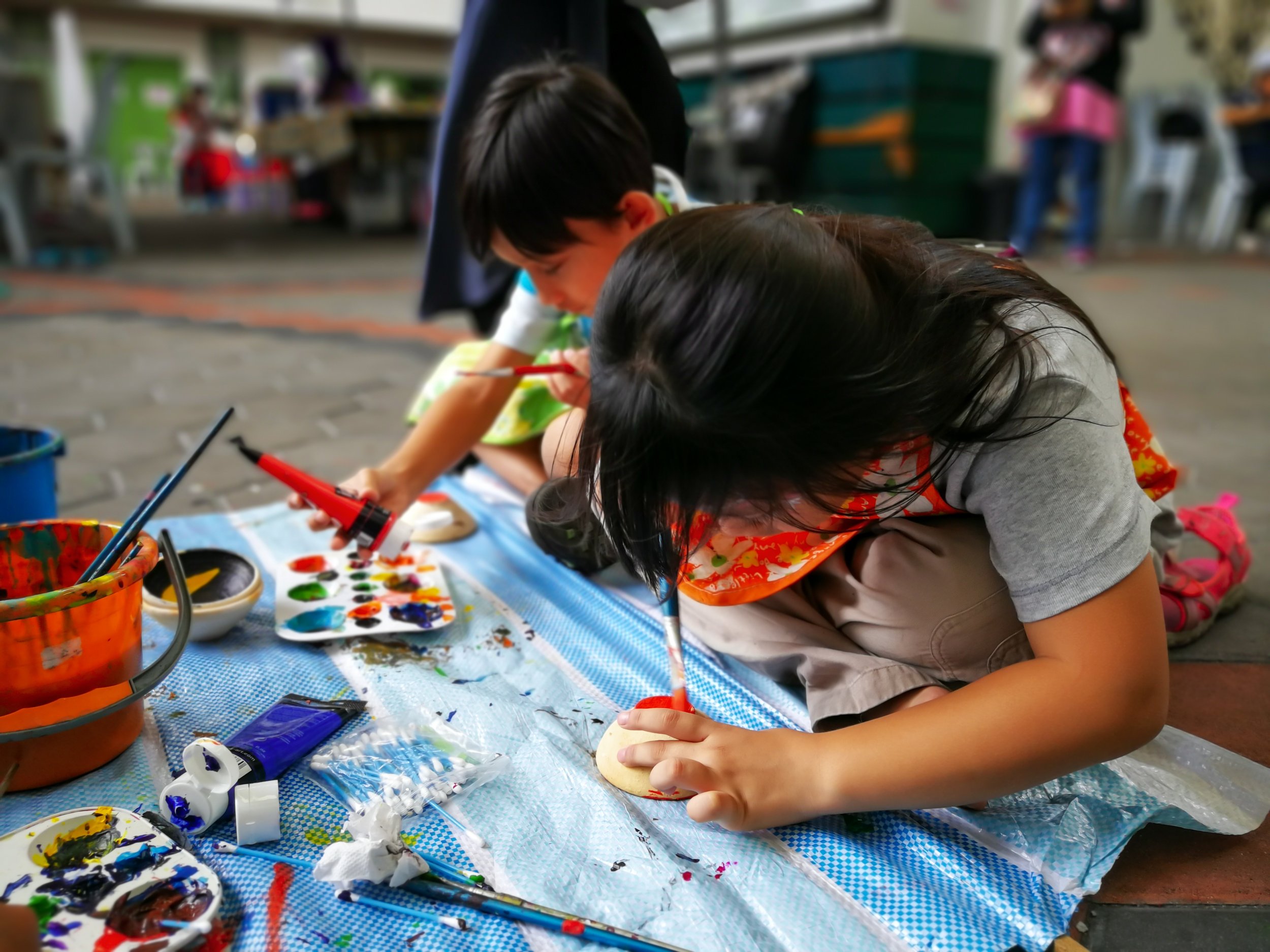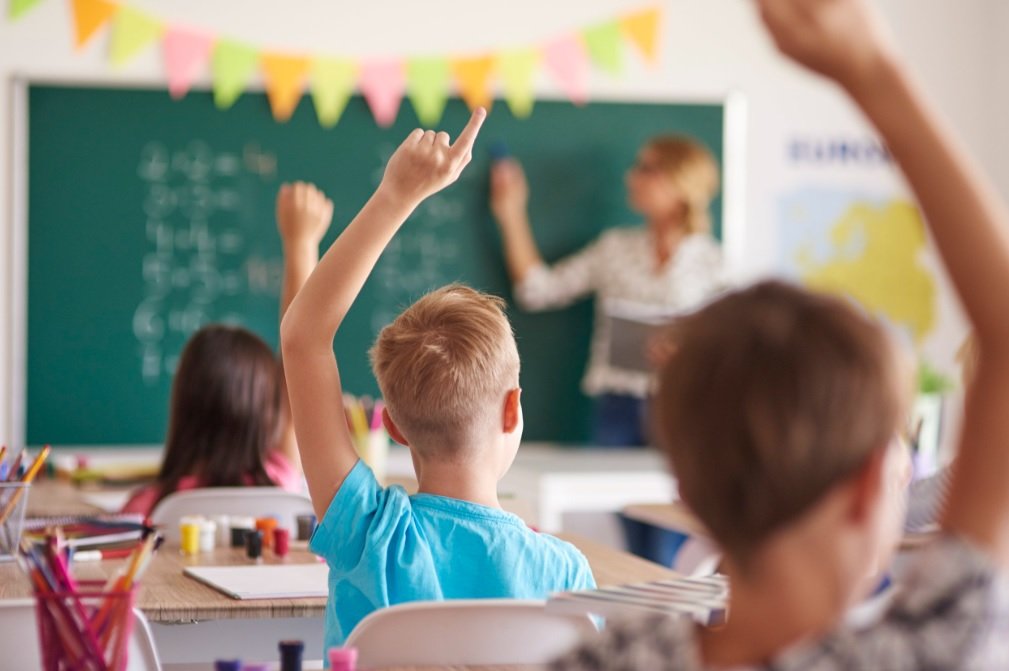
Primary Level Education
In English, pupils are taught phonics to help with their reading and their phonic screening test, composition, handwriting, vocabulary, spelling, punctuation and grammar (SPAG), as well as their comprehension. In Maths, pupils are taught how to solve worded problems, tested on times tables and to count on (or back) from a given number.
Whether you have specific goals for your children’s primary education or just wanting overall support and encouragement for all subjects, we can guarantee that our private primary tutors will be able to help carve a personalised path of progress for your child.
In addition to support of the National Curriculum, our private primary tutors can also provide SATs support if required. The combination of these pressures can be a lot for children of a younger age. Our experienced teachers will help relieve that pressure with focused teaching and regular progress reports.
Foundations for Success: The Crucial Role of Primary Education
Foundation for Lifelong Learning: Primary education lays the foundation for future academic success and fosters a love for learning that can last a lifetime.
Development of Fundamental Skills: It is during primary school years that children acquire essential skills such as reading, writing, and basic mathematics, which are crucial for further education and everyday life.
Socialisation and Communication Skills: Primary education provides opportunities for children to interact with peers and teachers, enhancing their social skills, teamwork abilities, and communication skills.
Critical Thinking and Problem-Solving: Through engaging lessons and activities, primary education encourages the development of critical thinking and problem-solving skills, enabling children to analyze situations and find solutions.
Cultural and Global Awareness: Primary school education introduces children to various cultures, languages, and global issues, promoting tolerance, empathy, and an understanding of diversity.
Physical and Mental Well-being: A good primary education curriculum includes physical education and promotes healthy habits, contributing to the overall well-being of children, both physically and mentally.
Creativity and Imagination: Primary education encourages creativity and imagination through arts, crafts and storytelling, fostering innovation and self-expression.
Early Intervention and Support: Primary schools play a vital role in identifying learning difficulties or developmental delays early on, allowing for timely intervention and support to address individual needs.
Preparation for Secondary Education: A strong primary education prepares children for the transition to secondary school by equipping them with the necessary academic, social, and emotional skills required for higher levels of education.
Empowerment and Opportunities: Access to quality primary education empowers children, regardless of their background or circumstances, opening doors to better opportunities, higher education, and a brighter future.






KS1 Maths, KS1 English, SATs Preparation (Year 1-2)
Enquiry based learning is the basis for how many areas of the curriculum are taught and subjects are linked through a range of cross curricular opportunities.
Lower KS2 Maths, KS2 English, SATs Preparation (Year 3-4 )
Termly topic areas are planned for and these enable the cross curricular links to take place so that pupils do not see subjects in isolation.
Upper KS2 Maths, KS2 English, SATs Preparation (Year 5-6)
Year 5 and 6 play a key role in the KS2 English curriculum, as at the end of KS2 children will take their SATs.
